On March 24, Deputy Prime Minister Tran Hong Ha chaired a meeting to listen to reports and give opinions on the draft Decree amending and supplementing a number of articles of Decree No. 6 of the Government regulating the reduction of greenhouse gas emissions and protection of the ozone layer.
The draft Decree is designed to detail the provisions of the Law on Environmental Protection, in accordance with the implementation of international agreements on climate change.
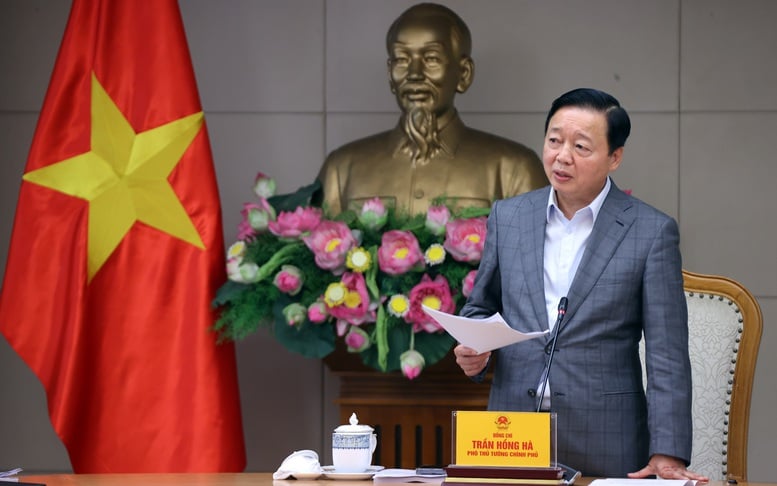
Deputy Prime Minister Tran Hong Ha assessed that the draft Decree has gradually updated the international situation, practices, and existing experiences - Photo: VGP/Minh Khoi
Accordingly, the draft Decree details the roadmap for allocating greenhouse gas emission quotas in 3 phases: 2025-2026, 2027-2028, 2029-2030. In the first phase, it will be allocated to establishments with large emissions in 3 sectors: Thermal power, iron and steel production, and cement production.
It is expected that 150 facilities will be allocated quotas in the first phase, accounting for about 40% of the country's total greenhouse gas emissions.
The content of the amendment and completion of regulations on carbon market aims to adjust and update regulations clearly defining the subjects of emission quota exchange and carbon credit exchange.
The draft decree also adds content on the National Registration System for Emission Quotas and Carbon Credits to serve management work; details the activities of exchanging emission quotas and carbon credits on the trading floor as well as the implementation of the domestic carbon credit exchange and offset mechanism.
In which, the sector management ministries approve the recognition of processes and technical standards for creating carbon credits, register projects, change project participants, cancel project registration, and grant carbon credits to projects within the scope of their management.
Concluding the meeting, Deputy Prime Minister Tran Hong Ha assessed that the draft Decree is technical in nature and subject to many fluctuations and changes, therefore, the Ministry of Agriculture and Environment must thoroughly grasp the specialized legal system and international agreements, and at the same time provide guidelines and principles for a controlled framework with a "sandbox" mindset to continue updating technical issues that may still fluctuate.
"This is a new field, requiring new administrative procedures to perform state management functions, but they must be as simple and concise as possible. It is necessary to carefully study and calculate the decentralization plan, first of all assigning the management of the field to ministries and branches," the Deputy Prime Minister said, noting that the content, concepts, terminology, and drafting techniques of the draft Decree must be scientific , clear, and easy to understand so that businesses and people can grasp and implement it.
The Deputy Prime Minister emphasized that regulations on standards, methods and policies must be compatible with international practices, while closely following the standards of each market, each business and production sector, and each type of enterprise.
"Not horizontally, but flexibly and diversely according to each market, from the highest, strictest standards to the most open," he said.
In addition, the Decree must decentralize and assign ministries and branches to develop and promulgate technical regulations and standards related to quotas and carbon credits; conditions for formation and operating mechanisms of organizations and independent consultants to measure, compile statistics, appraise, recognize, report... data related to greenhouse gas emissions and carbon credits with mutual recognition and recognition by international organizations and partners.
Source: https://www.baogiaothong.vn/phan-cap-xay-dung-ban-hanh-quy-chuan-tieu-chuan-ve-tin-chi-carbon-19225032415214829.htm



![[Photo] President Luong Cuong receives delegation of the Youth Committee of the Liberal Democratic Party of Japan](https://vstatic.vietnam.vn/vietnam/resource/IMAGE/2025/8/22/2632d7f5cf4f4a8e90ce5f5e1989194a)

![[Photo] President Luong Cuong attends special political-artistic television show "Golden Opportunity"](https://vstatic.vietnam.vn/vietnam/resource/IMAGE/2025/8/22/44ca13c28fa7476796f9aa3618ff74c4)


![[Photo] Prime Minister Pham Minh Chinh chairs the conference to review the 2024-2025 school year and deploy tasks for the 2025-2026 school year.](https://vstatic.vietnam.vn/vietnam/resource/IMAGE/2025/8/22/2ca5ed79ce6a46a1ac7706a42cefafae)
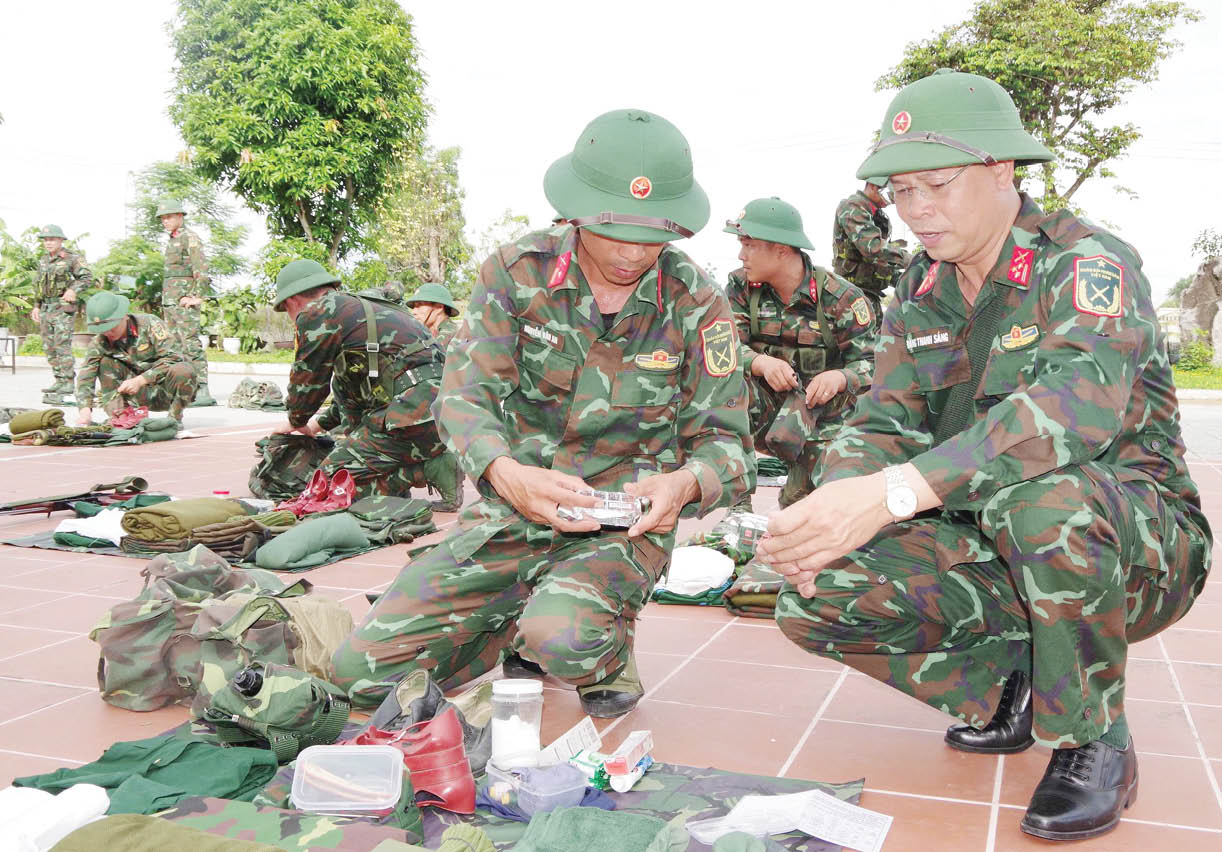


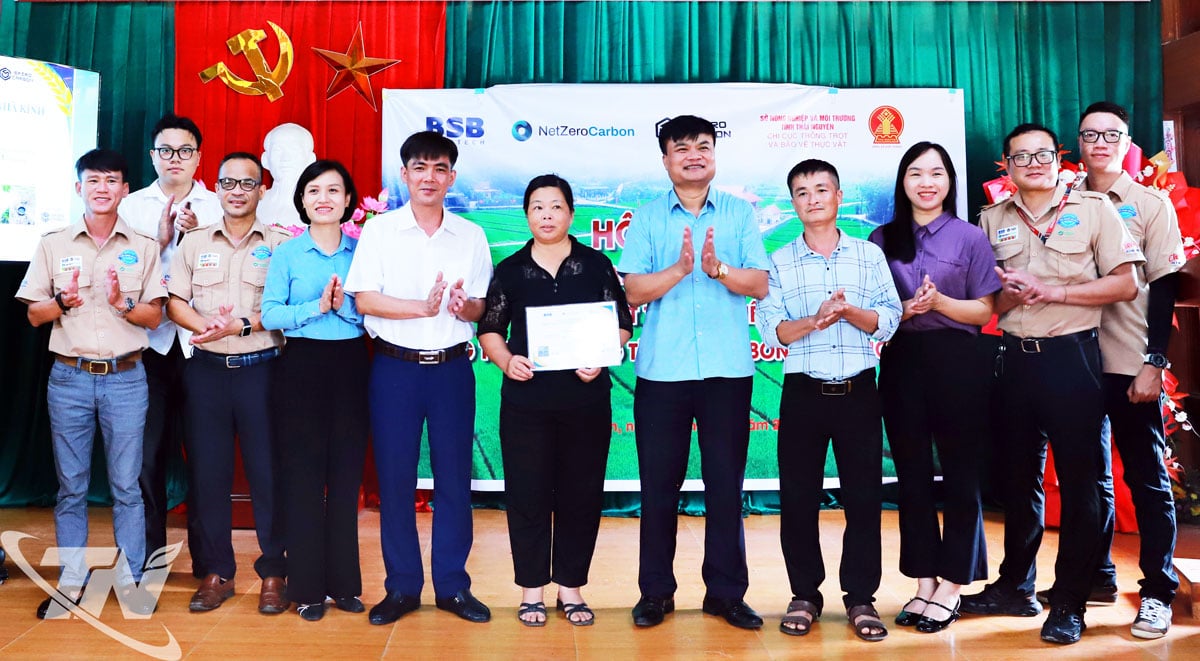

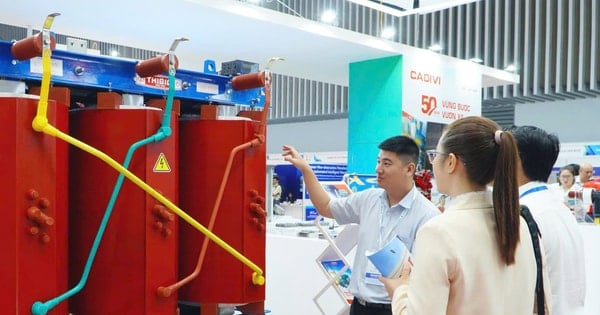

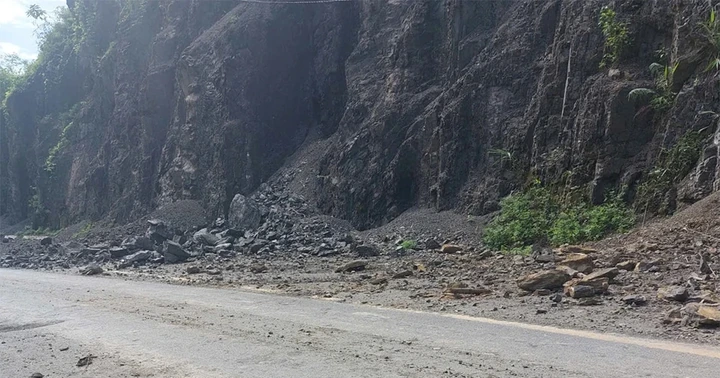

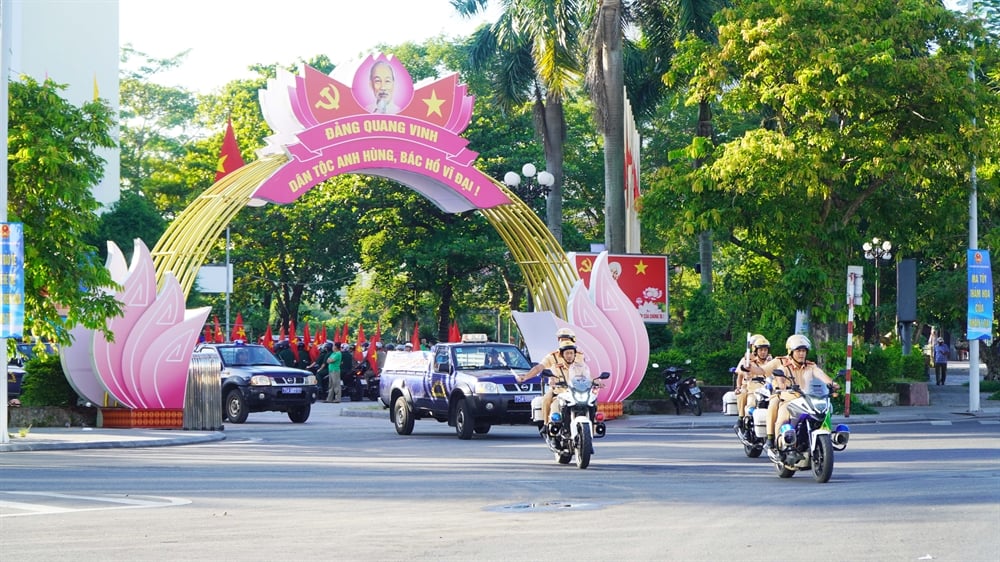






















































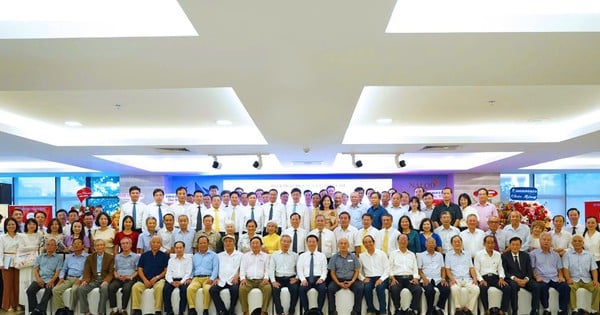

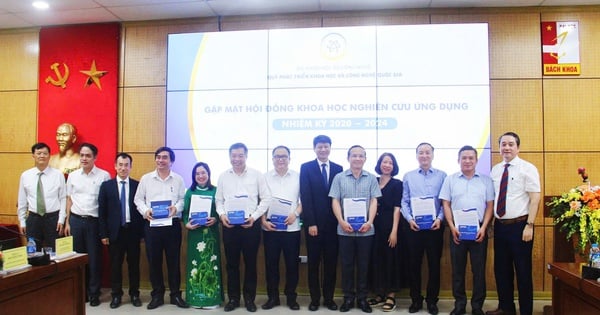





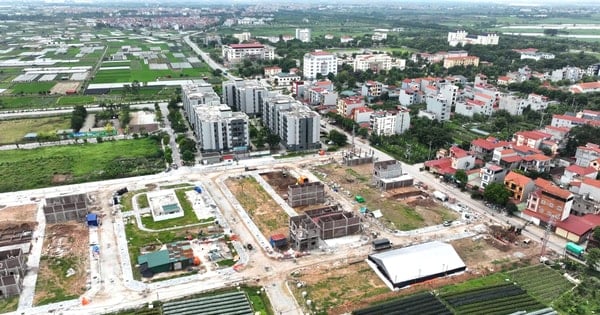
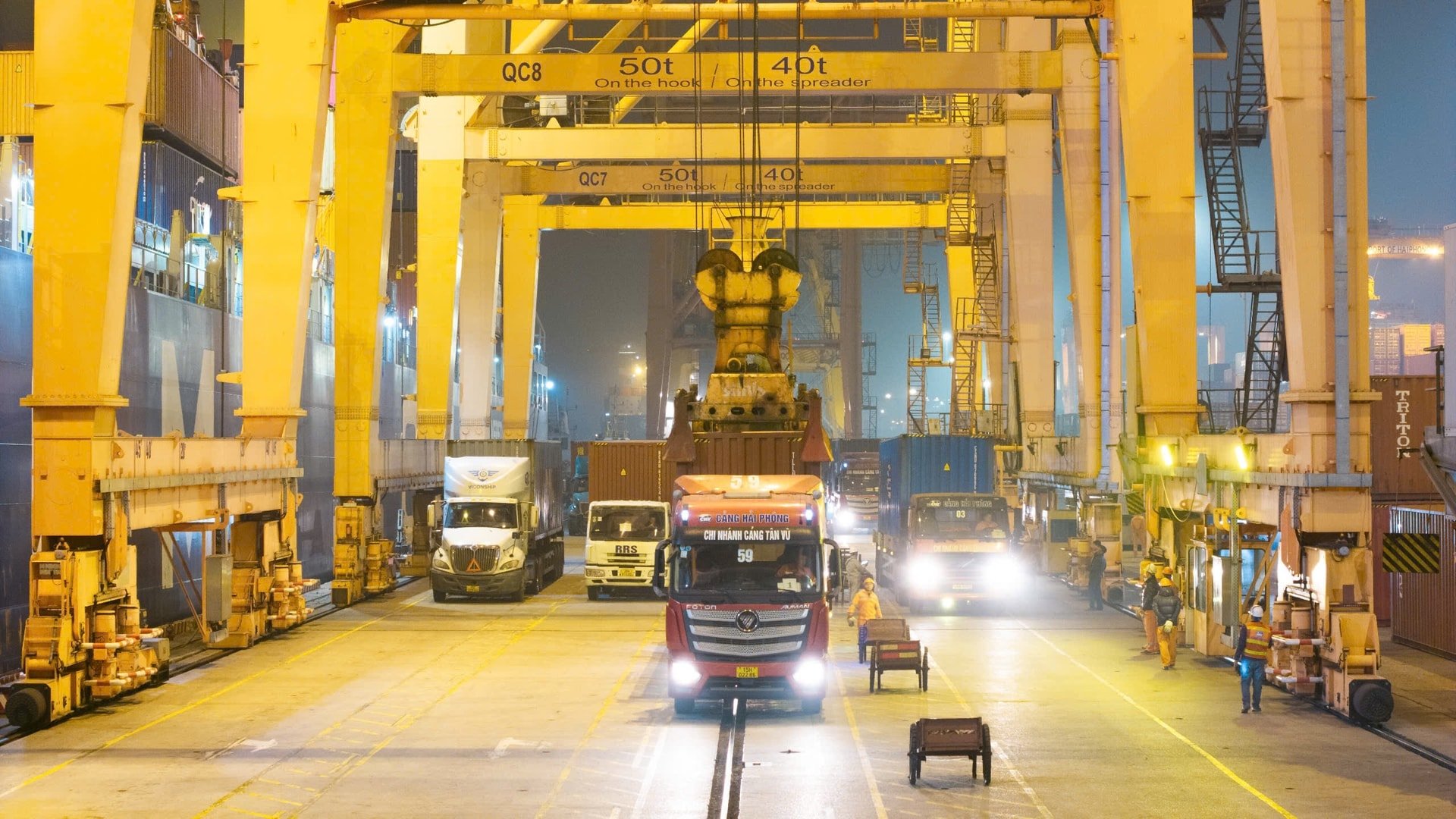

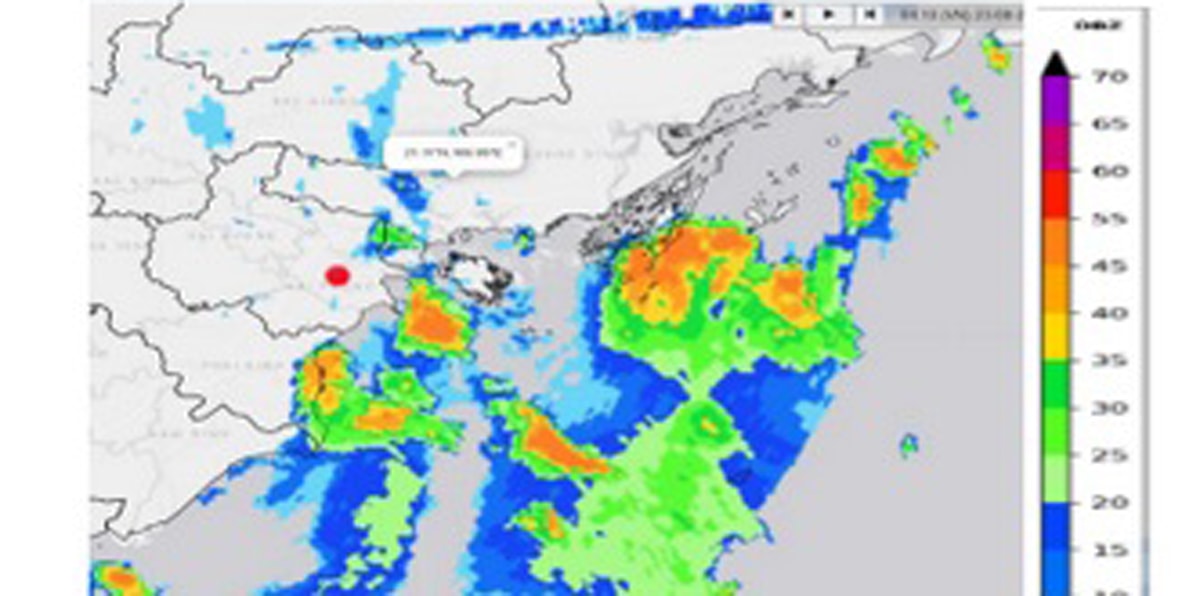




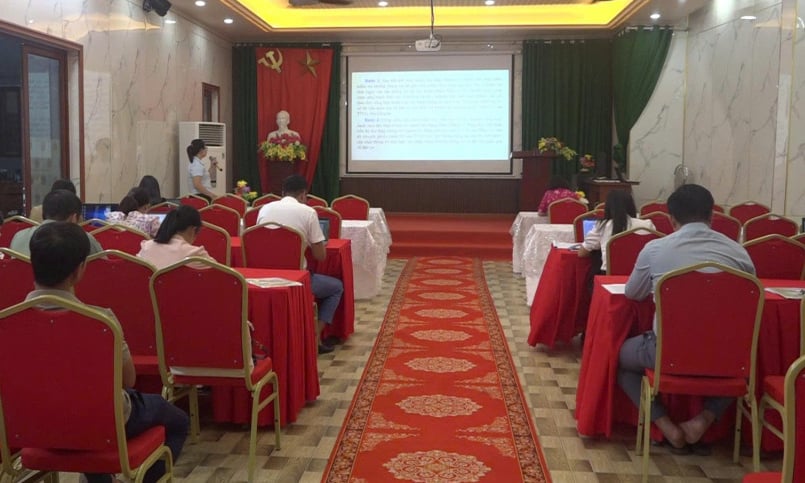















Comment (0)